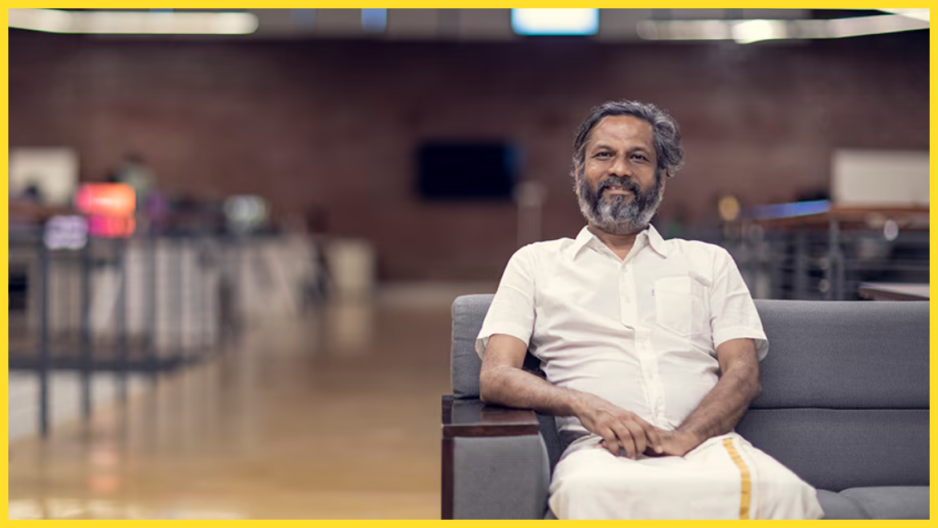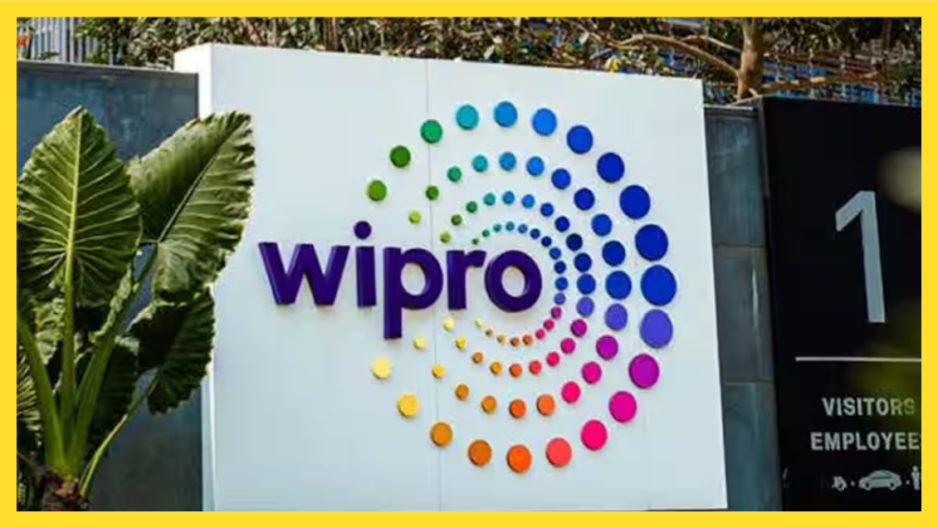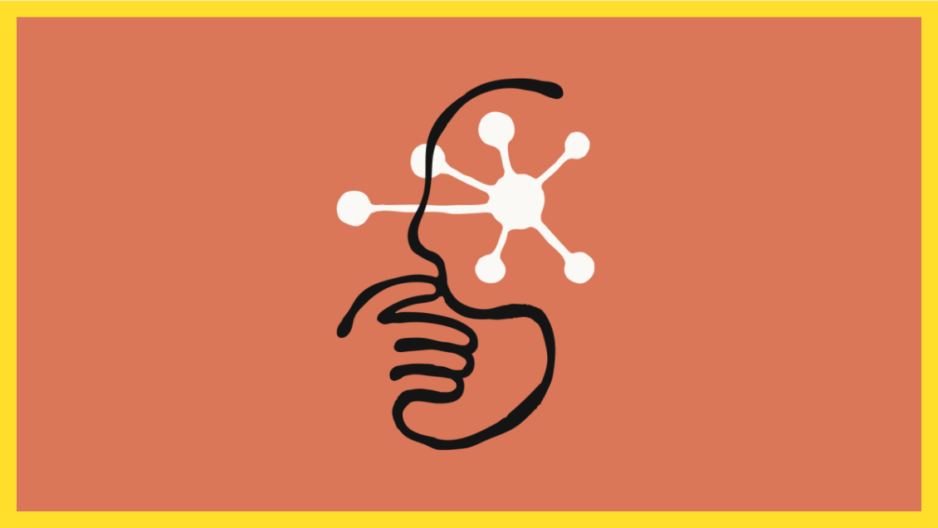Zoho has rolled out its own large language model, Zia LLM, built fully on NVIDIA’s AI tech. Announced at Zoholics India, the model is tailored for real business tasks like summarizing data, code generation, and smart retrieval. With three models (up to 7B parameters), it balances speed, cost, and performance. Unlike ChatGPT, Zia runs on Zoho’s own servers, ensuring better data privacy. It also introduced Hindi-English speech recognition, no-code AI agent tools, and over 25 pre-built Zia agents.
Credit: YourStory










